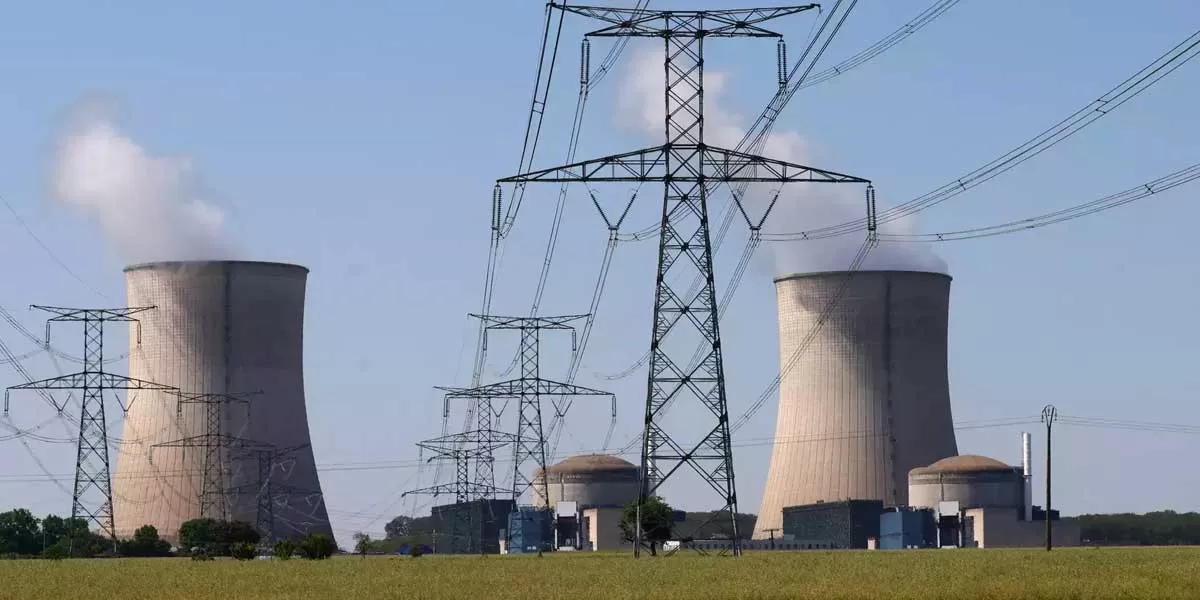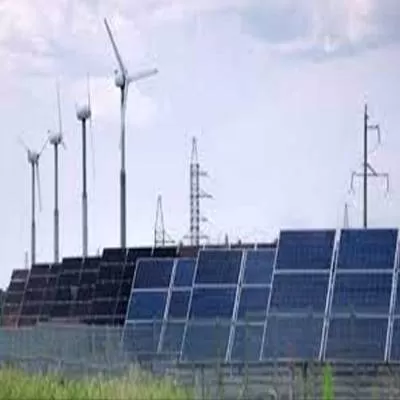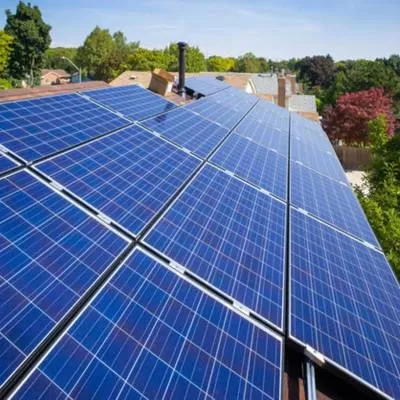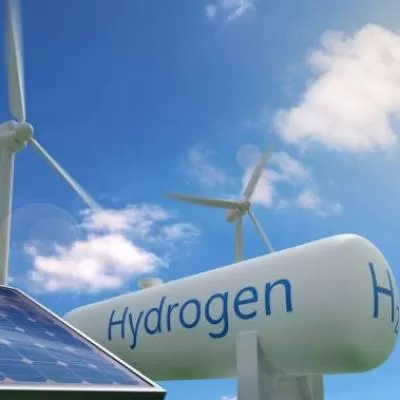- Home
- Infrastructure Energy
- POWER & RENEWABLE ENERGY
- India Aims for 100 GW Nuclear Power by 2047

India Aims for 100 GW Nuclear Power by 2047
Currently, India's nuclear power capacity stands at around 6.78 GW, with plans underway to increase this capacity significantly over the coming decades. The country has already made strides in nuclear energy, with 22 operational nuclear reactors contributing a substantial portion to its overall electricity generation.
The push for nuclear energy aligns with India's broader energy strategy, aiming to diversify its energy mix and reduce reliance on fossil fuels. Nuclear power offers a cleaner alternative, emitting minimal greenhouse gases compared to traditional coal-fired power plants, thus supporting India's climate goals and commitments.
To achieve the 100 GW target, India plans to leverage both indigenous technology and international collaborations. The AEC chairman highlighted the importance of advancements in nuclear technology, including the development of next-generation reactors, to enhance efficiency and safety standards.
However, achieving this ambitious goal is not without its challenges. Nuclear projects often face regulatory hurdles, public perception issues, and concerns regarding safety and nuclear waste disposal. Addressing these challenges will be crucial in realising India's nuclear energy ambitions while ensuring the safety and well-being of its citizens and the environment.
Furthermore, nuclear energy requires substantial investment, both in terms of infrastructure development and human resources. India will need to mobilise significant financial resources and expertise to scale up its nuclear power capacity in a sustainable manner.
Despite these challenges, India remains steadfast in its commitment to nuclear energy as a vital component of its energy future. With strategic planning, technological innovation, and international cooperation, India aims to harness the power of nuclear energy to fuel its economic growth and secure a sustainable energy future for its citizens.
India, a country with a burgeoning energy demand, is setting its sights on a monumental goal: achieving 100 gigawatts (GW) of nuclear power capacity by 2047. This ambitious target was revealed by the chairman of the Atomic Energy Commission (AEC), emphasizing India's commitment to expanding its nuclear energy capabilities to meet the needs of its growing economy and population. Currently, India's nuclear power capacity stands at around 6.78 GW, with plans underway to increase this capacity significantly over the coming decades. The country has already made strides in nuclear energy, with 22 operational nuclear reactors contributing a substantial portion to its overall electricity generation. The push for nuclear energy aligns with India's broader energy strategy, aiming to diversify its energy mix and reduce reliance on fossil fuels. Nuclear power offers a cleaner alternative, emitting minimal greenhouse gases compared to traditional coal-fired power plants, thus supporting India's climate goals and commitments. To achieve the 100 GW target, India plans to leverage both indigenous technology and international collaborations. The AEC chairman highlighted the importance of advancements in nuclear technology, including the development of next-generation reactors, to enhance efficiency and safety standards. However, achieving this ambitious goal is not without its challenges. Nuclear projects often face regulatory hurdles, public perception issues, and concerns regarding safety and nuclear waste disposal. Addressing these challenges will be crucial in realising India's nuclear energy ambitions while ensuring the safety and well-being of its citizens and the environment. Furthermore, nuclear energy requires substantial investment, both in terms of infrastructure development and human resources. India will need to mobilise significant financial resources and expertise to scale up its nuclear power capacity in a sustainable manner. Despite these challenges, India remains steadfast in its commitment to nuclear energy as a vital component of its energy future. With strategic planning, technological innovation, and international cooperation, India aims to harness the power of nuclear energy to fuel its economic growth and secure a sustainable energy future for its citizens.
























